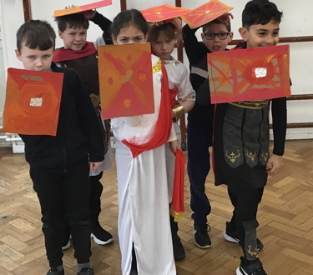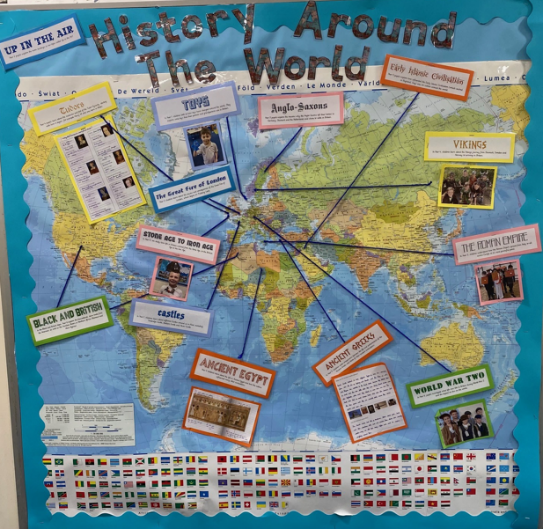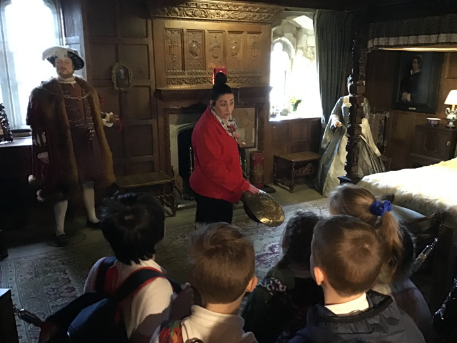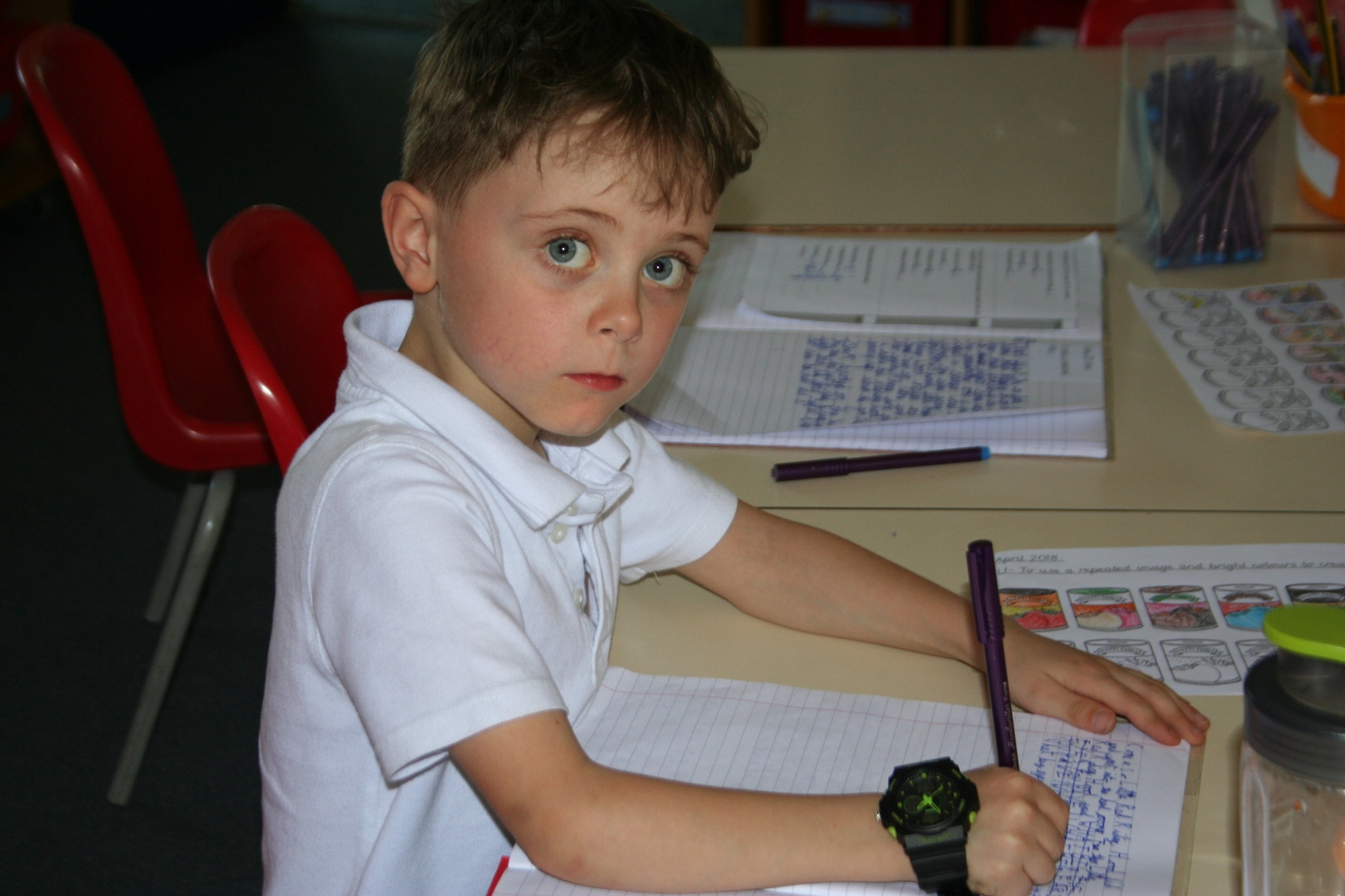History
“A people without knowledge of their past history, origin and culture, is like a tree without roots.”
Marcus Garvey
Why history is important to us?

We think history is crucial for children today because it helps them understand how people lived in the past, how things change over time, the different kinds of societies that have existed and how different groups of people relate to and have interacted with each other. Our two big ideas – diversity and culture – feature frequently in history lessons. For example, in Year 3, children learn about the daily lives of Anglo-Saxons and in Year 6, pupils discover the forgotten history of Black people in Britain.

History from all around the world in our curriculum.
How does the curriculum structure support our aims?
Our approach to history learning from Reception into Years 1 and 2 aims firstly to help the children develop a solid awareness of the past and an understanding of the concept of chronology, by looking at changes within living memory and also significant events and people from history. In Years 3 and 4, we spend two years focusing on British history to ensure the children develop a secure understanding of the history of these islands as a coherent, chronological narrative from the Stone Age to the end of the Tudor period. In Year 5, we learn about three ancient civilisations: the Egyptians, the Greeks and Early Islamic. In Year 6, the children embark upon an in-depth local study of World War Two and carry out a thematic unit called Black and British, which spans the Roman period to the modern day.

How do we make history real and meaningful for our children?
We aim to bring history to life in our lessons. This means that our teachers are skilled in telling the story of each period, helping our pupils to feel what it must have been like to live during these different times. Wherever it is possible and relevant, we make links between the historical periods we are studying and our local area – for example, in the units on castles in Year 1, the Tudors in Year 4 and World War Two in Year 6.










